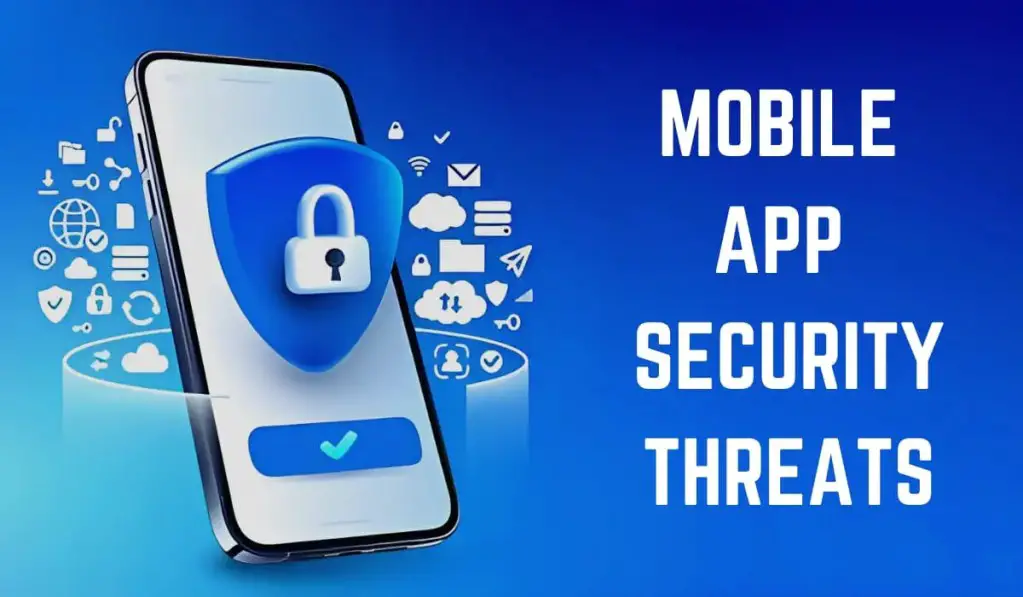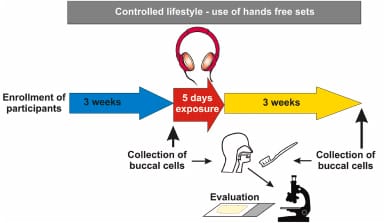The best certificates for Ethical Hacking are industry-recognized credentials that validate an individual’s proficiency in ethical hacking and cybersecurity practices. Among the most esteemed certifications are Certified Ethical Hacker (CEH), Offensive Security Certified Professional (OSCP), and CompTIA Security+. The CEH certification, offered by the EC-Council, equips professionals with skills in penetration testing, vulnerability assessment, and ethical hacking methodologies. OSCP, provided by Offensive Security, is renowned for its hands-on approach, assessing candidates through a practical exam where they must successfully compromise systems. CompTIA Security+ is a foundational certification covering general security principles, making it suitable for beginners entering the field. These certifications demonstrate a candidate’s expertise in identifying and addressing security vulnerabilities, ensuring that ethical hackers possess the knowledge and skills necessary to secure computer systems and networks. As the field of cybersecurity evolves, these certifications remain valuable benchmarks for individuals seeking to establish themselves as competent and ethical hacking professionals in the dynamic and critical realm of information security.
In today’s digital age, where cybersecurity threats are ever-evolving and pervasive, the role of ethical hackers has become crucial in safeguarding sensitive information. Ethical hackers, also known as white hat hackers, use their skills to identify vulnerabilities in computer systems and networks before malicious hackers can exploit them. To validate and enhance their expertise, ethical hackers often pursue certifications that attest to their knowledge and proficiency in ethical hacking. In this comprehensive guide, we will delve into the top and best certificates for ethical hacking, providing an in-depth analysis of each, including their names, definitions, and the value they bring to cybersecurity professionals.
1. Certified Ethical Hacker (CEH)
The Certified Ethical Hacker (CEH) certification is one of the most recognized and sought-after credentials in the field of ethical hacking. Offered by the International Council of E-Commerce Consultants (EC-Council), the CEH certification validates the skills and knowledge required for ethical hacking and penetration testing. CEH covers a wide range of topics, including ethical hacking fundamentals, footprinting and reconnaissance, scanning networks, enumeration, system hacking, and more. The certification is vendor-neutral, providing a broad understanding of various tools and techniques used in ethical hacking. CEH is widely acknowledged in the cybersecurity industry and is often a prerequisite for many job roles related to ethical hacking and penetration testing. Holding a CEH certification demonstrates a professional’s competence in ethical hacking and enhances their credibility in the eyes of employers.
2. Offensive Security Certified Professional (OSCP)
The Offensive Security Certified Professional (OSCP) is an advanced certification offered by Offensive Security, known for its hands-on and practical approach. OSCP assesses not only theoretical knowledge but also the ability to perform real-world penetration testing and exploit vulnerabilities effectively. The OSCP exam involves a rigorous 24-hour hands-on challenge where candidates must compromise a series of machines within a virtual environment. This practical exam tests the individual’s ability to think creatively, apply various hacking techniques, and maintain persistence in the face of challenges. OSCP is highly respected in the cybersecurity community due to its practical nature. It is considered a testament to a professional’s practical skills and problem-solving abilities. OSCP-certified individuals are often sought after for roles that require hands-on experience in penetration testing.
3. Certified Information Systems Security Professional (CISSP)
While CISSP is a broader certification covering various aspects of information security, it includes domains that are crucial for ethical hacking. Offered by the International Information System Security Certification Consortium (ISC)², CISSP is designed for experienced security professionals with a well-rounded understanding of security principles. The CISSP domains relevant to ethical hacking include Security Assessment and Testing, Security Operations, and Software Development Security. Earning the CISSP certification demonstrates a professional’s commitment to a holistic approach to information security. CISSP is widely recognized and respected in the industry, and certified individuals are often considered for leadership roles in cybersecurity. The certification adds value to ethical hackers by providing a comprehensive understanding of security principles beyond just technical aspects.
4. Certified Information Security Manager (CISM)
The Certified Information Security Manager (CISM) certification, offered by ISACA, is targeted at information security management professionals. While it covers a broad range of information security domains, it is particularly relevant for ethical hackers in managerial or leadership roles. CISM focuses on four domains: Information Security Governance, Information Risk Management and Compliance, Information Security Program Development and Management, and Information Security Incident Management. These domains equip professionals with the knowledge needed to manage and lead ethical hacking initiatives within an organization. CISM is highly regarded for professionals aspiring to leadership positions in information security. Ethical hackers with a CISM certification are well-equipped to not only identify vulnerabilities but also manage the overall security posture of an organization.
5. EC-Council Certified Security Analyst (ECSA)
The EC-Council Certified Security Analyst (ECSA) is an intermediate-level certification that builds upon the foundation laid by the CEH certification. It is designed to test the practical application of ethical hacking methodologies in real-world scenarios. ECSA includes topics such as network penetration testing, web application penetration testing, and various hacking techniques. The certification places a strong emphasis on hands-on experience and practical skills. ECSA is valued for its practical approach to ethical hacking. It is suitable for professionals who want to deepen their practical skills and gain a more hands-on understanding of penetration testing methodologies.
6. CompTIA Security+
CompTIA Security+ is a vendor-neutral certification that covers a broad range of security topics, including ethical hacking. It is an entry-level certification that is suitable for individuals starting their career in cybersecurity. Security+ covers essential concepts such as network security, compliance and operational security, threats and vulnerabilities, and identity management. While it may not be as specialized as some other certifications, it provides a solid foundation for ethical hacking. Security+ is recognized as a baseline certification for cybersecurity professionals. It is beneficial for individuals looking to enter the field of ethical hacking and is often a prerequisite for more advanced certifications.
7. Certified Penetration Testing Consultant (CPTC)
The Certified Penetration Testing Consultant (CPTC) certification, offered by the Information Assurance Certification Review Board (IACRB), is focused on advanced penetration testing skills. It is designed for professionals who want to demonstrate expertise in identifying and exploiting vulnerabilities in a wide range of environments. CPTC covers topics such as network and system penetration testing, web application penetration testing, and wireless network penetration testing. The certification places a strong emphasis on practical skills and real-world scenarios. CPTC is ideal for professionals who want to specialize in penetration testing and demonstrate their ability to assess the security posture of diverse systems. It is well-regarded for its hands-on approach to testing and assessing security measures.
8. Cisco Certified CyberOps Associate
The Cisco Certified CyberOps Associate certification is designed for cybersecurity analysts and emphasizes skills related to security operations and monitoring. While not specific to ethical hacking, it provides a solid foundation for understanding and responding to security threats. CyberOps Associate covers topics such as security monitoring, analysis, and incident response. It is suitable for professionals interested in understanding the operational aspects of cybersecurity, which can complement ethical hacking skills by providing a broader perspective on security operations.
9. Certified Incident Handler (ECIH)
The EC-Council Certified Incident Handler (ECIH) certification is tailored for professionals involved in incident handling and response. While not exclusively an ethical hacking certification, it is crucial for professionals dealing with cybersecurity incidents. ECIH covers incident handling and response methodologies, equipping professionals with the skills to identify, respond to, and mitigate security incidents. Ethical hackers benefit from this certification by understanding the broader context of incident response and working collaboratively with incident response teams.
10. Certified Secure Software Lifecycle Professional (CSSLP)
The Certified Secure Software Lifecycle Professional (CSSLP) certification, offered by (ISC)², is geared towards professionals involved in software development. While not exclusively an ethical hacking certification, it emphasizes secure coding practices to prevent vulnerabilities. CSSLP is crucial for ethical hackers involved in code review and software security assessments. It equips professionals with the knowledge to identify and address security issues at the development stage, contributing to a more secure software development lifecycle.
Conclusion
Ethical hacking is a critical component of modern cybersecurity, and certifications play a pivotal role in validating the skills and knowledge of professionals in this field. The certifications mentioned above, such as CEH, OSCP, CISSP, CISM, ECSA, Security+, and CPTC, cover a spectrum of skills from foundational to advanced, providing a pathway for individuals at different stages of their ethical hacking careers. Choosing the right certification depends on factors such as career goals, experience level, and specific areas of interest within ethical hacking. Whether aiming to become a Certified Ethical Hacker, a skilled penetration tester with OSCP, or a security leader with CISSP or CISM, each certification contributes to the overall landscape of a well-rounded and proficient ethical hacking professional. It’s important for individuals to continuously update their skills and stay informed about emerging threats and technologies in the ever-evolving field of cybersecurity. Ethical hackers with recognized certifications not only enhance their individual careers but also contribute significantly to the overall security posture of organizations in an increasingly digital and interconnected world.







Leave a Reply